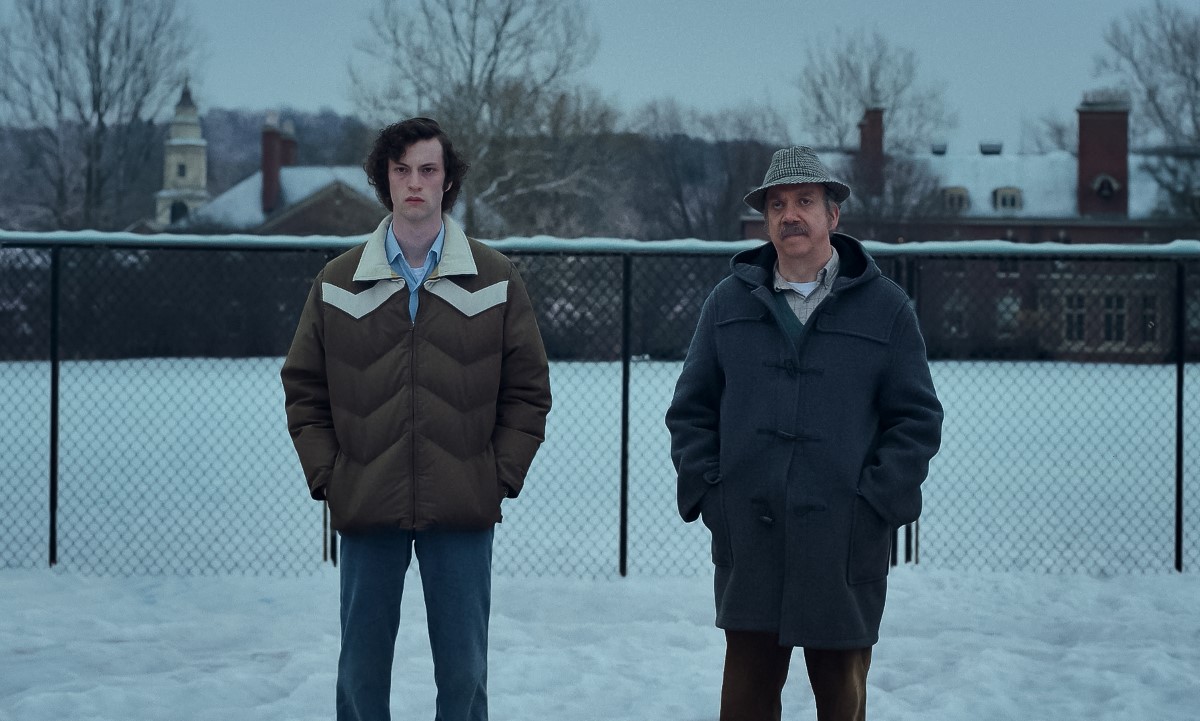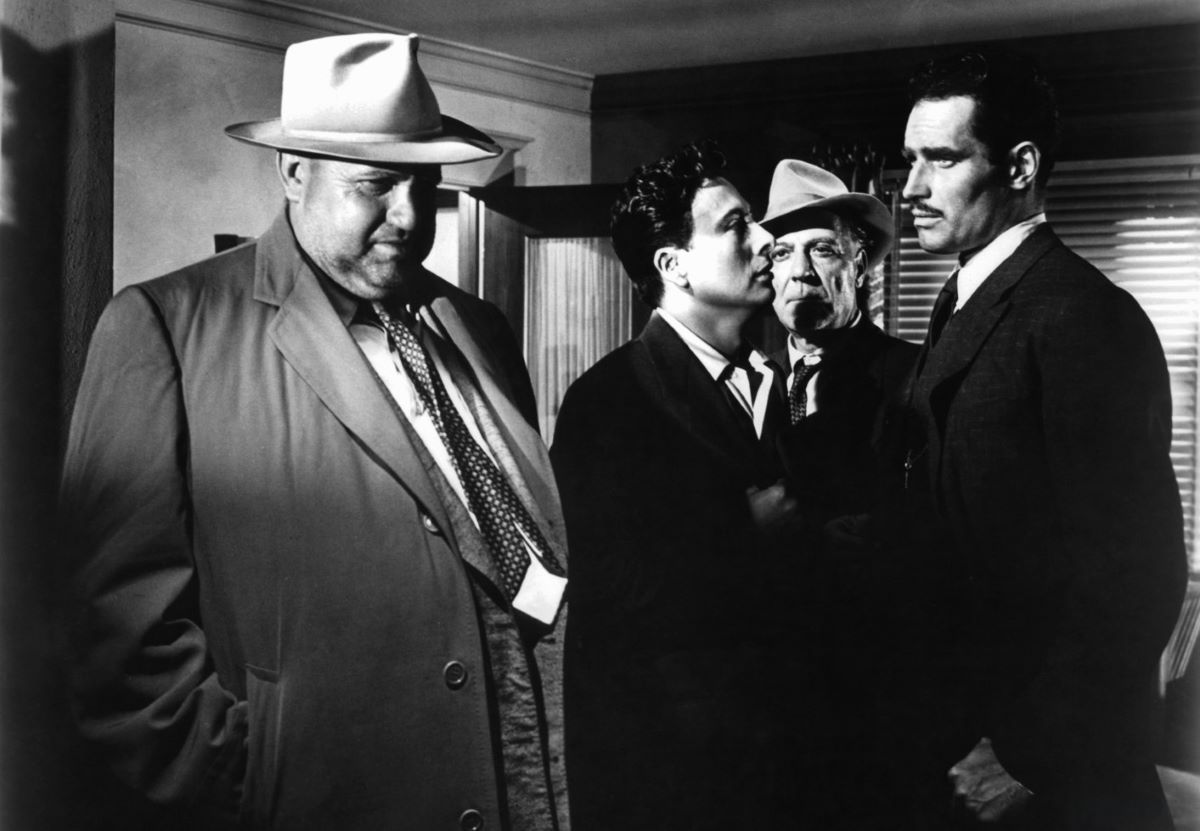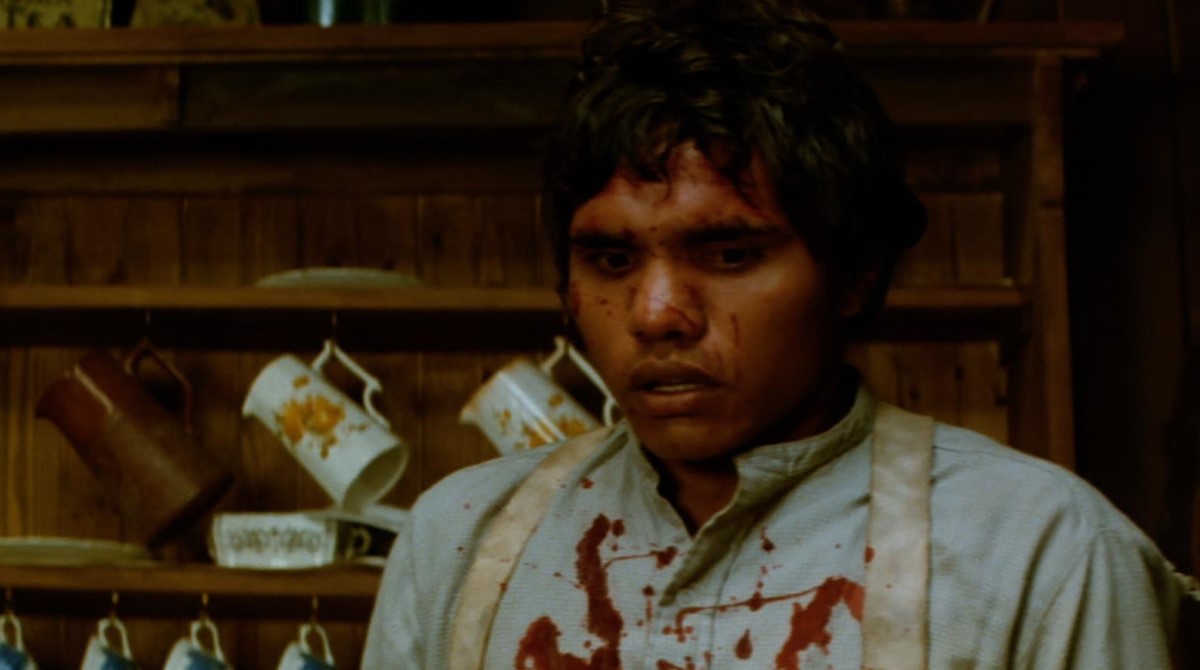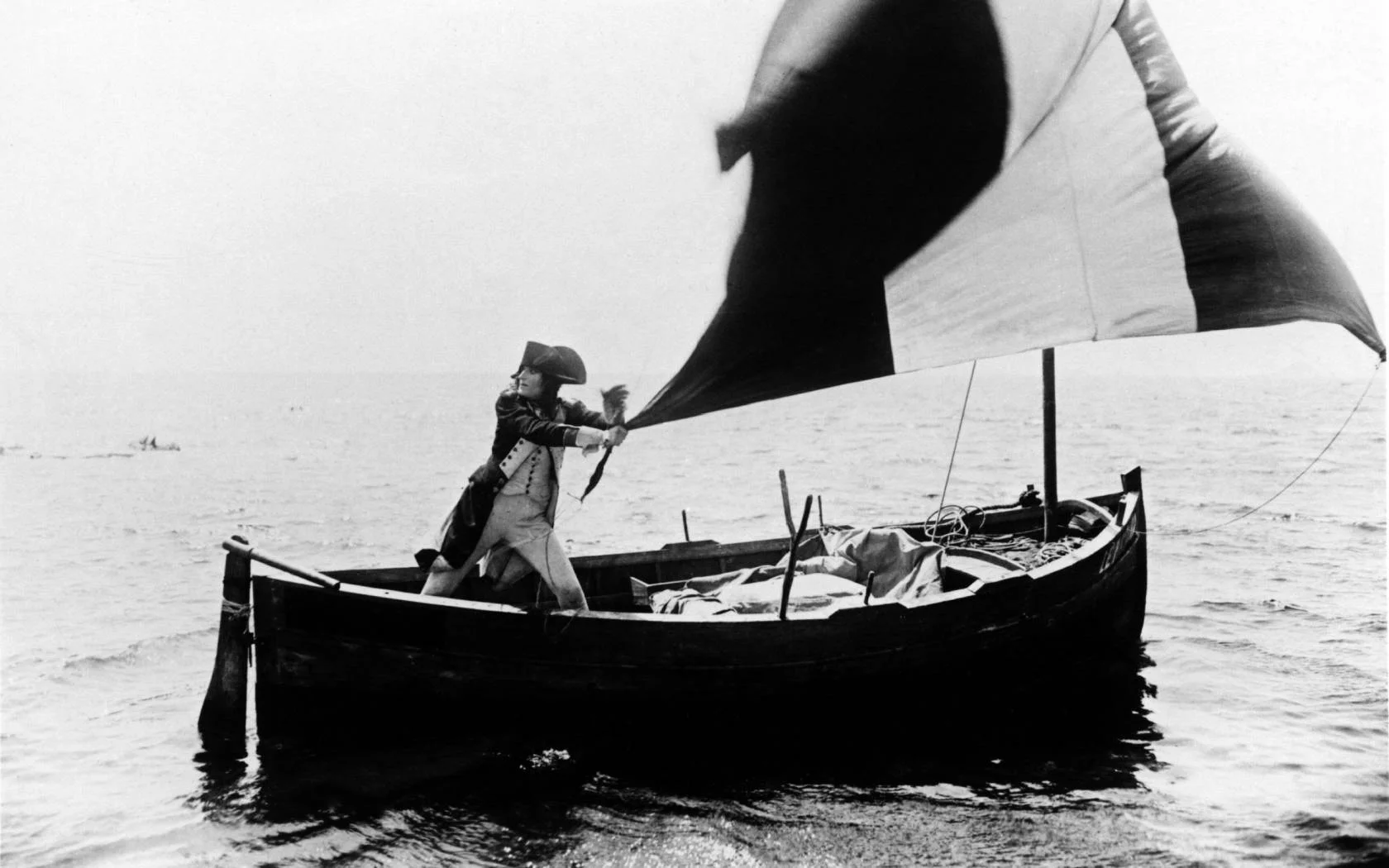In December 1970, Paul Hunham, a strict classics professor at Barton Academy, faces resentment for his harsh grading and stern attitude. After costing the school a significant donor, Hunham is punished by supervising the “holdover” students during the holidays, including Angus Tully and cafeteria administrator Mary Lamb, grieving her son’s death in Vietnam. The holiday break is disrupted when a wealthy student’s father takes everyone but Angus on a ski trip, leaving him with Hunham and Mary. An incident where Angus gets injured leads to a series of events, including a strained Christmas Eve party and a trip to Boston. Hunham’s past troubles at Harvard are revealed, and he bonds with Angus, who struggles with his father’s mental illness. Hunham eventually stands up for Angus, preventing his transfer to military school but losing his job in the process. As Hunham departs from Barton, he shares a touching farewell with Angus and Mary, who has come to terms with her loss, and defiantly leaves the school.
Film Review
Rediscovering humanity in Payne’s nostalgic tale: A journey through The Holdovers
by Giampiero Frasca
Beyond the multiple meanings of its title (which could refer to those extending their tenure, those advancing, or even repeaters), Alexander Payne‘s cinema has always orbited around marginal characters, starting with Citizen Ruth, his feature film debut in 1996. A long and rich gallery of outcasts and more or less cheerful losers is enriched by the trio at the heart of The Holdovers, a magnificent concoction of reluctant losers, who find themselves utterly alone during the Christmas holidays at a prestigious American high school. Some are forgotten by their families (the student Angus Tully, whose mother goes on a honeymoon with her new husband), some bereaved (the school’s kitchen manager, Mary, who lost a son in Vietnam), and some simply have nothing better to do (Professor Paul Hunham, single, despised by his students and underestimated by his colleagues, played by an eccentric and amusing Paul Giamatti). A series of voids intertwine and fuel each other, with family, a recurring theme in Payne’s work, providing a backdrop with its various dysfunctions.
However, much time has passed since Payne’s career began, and it feels like more than twenty-four years since his other foray into education with Election, which, thanks to its source material from Tom Perrotta’s novel, was a masterpiece of cynicism directly critiquing the values of success in the United States. None of that is in The Holdovers, except for some veiled sarcastic references to a white, rich, and spoiled upper-middle-class youth begrudgingly studying to delay enlistment in Vietnam, and a few nods to the greed for money among administrators more interested in maintaining lucrative connections with wealthy families than in education. In reality, The Holdovers looks elsewhere, almost constructing a comforting and nostalgic Christmas story where individual deficits meet, exchange understanding, and fill each other to confront the stifling sense of loneliness in relationships that characterizes its characters.
Without a trace of malice, as if Payne has outgrown it after turning sixty, the film continually references the past, recalled through a dual perspective. On the one hand, within the story, everything that happened in the lives of the three protagonists feeds the frustration of the present. The screenplay by David Hemingson delicately reveals information about past traumas, while Payne’s direction serves the precise characterization of the characters, orchestrating the film’s structure through a movement that transforms — in a somewhat predictable, obligatory manner — from initial conflict, to overlapping layers, and finally to overturning future expectations. It is especially in the finale that the vast distance between The Holdovers and Election is noticeable, and all the skepticism Payne lost along the way [warning: spoilers!], although both protagonists end up jobless. In Election, the teacher (played by Matthew Broderick) was a victim crushed in the social system’s gears; here, he is a disillusioned man who voluntarily sacrifices himself to instill hope in those at risk of losing it completely.
The other nod to the past is in the film’s very construction. Payne effectively creates a movie set in 1970 with a deliberate intent to recreate the New Hollywood style. It’s not just about replicating a mood, supported by the usual ease of costumes, hairstyles, and a couple of well-placed songs (like the overused The Wind by Cat Stevens, almost an anthem for reflective 70s scenes, and the much rarer In Memory of Elizabeth Reed by the fabulous Allman Brothers), but about adopting a genuine retro aesthetic. The framing, the rich colors, a dizzying zoom-out on Paul Giamatti frantically searching for his student Angus that seems lifted straight from Mike Nichols’ The Graduate, even the end credits’ graphics, along with some déjà-vu sensations in relationships, poetry, and situations (think Ashby, Penn, and Forman to keep it close), represent more than just a spontaneous lineage; they are a lyrical surrender to cinema past, excluding any metaphorical suggestions about contemporary America. As Paul Giamatti suggests at the end of the film, revealing to his student which of his two squint eyes is the straight one, there is only one correct perspective, and it’s that of a tale about Christmas goodwill and solidarity born from suffering. From this standpoint, at this point in his life, Payne likely makes his most personal film in many years.
Cineforum, January 17, 2024





